BTO-That is the proposal of Delegate Nguyen Huu Thong - Deputy of the National Assembly Delegation of Binh Thuan province on the morning of May 27 at the 7th session of the 15th National Assembly on the draft Law on Social Insurance (amended).
The appropriate age to receive social pension benefits should be lowered.
This is a new content included in this draft Law to institutionalize the viewpoint on the multi-layered Social Insurance (SI) system according to the orientation in Resolution No. 28-NQ/TW. It more clearly demonstrates the connection between the social pension subsidy level, basic SI, and supplementary SI, aiming to ensure social security for workers in all stages of their life from youth to old age, past working age.
However, the regulations on subjects and conditions for receiving social pension benefits (Article 20) are about the age of receiving social pension benefits. At Point a, Clause 1, Article 20 of the draft (stipulating 75 years of age or older), this age is too high compared to the average life expectancy of the population of our country today. According to data from the General Statistics Office, in 2023, the average life expectancy of our country's population is 73.7 years old (in 2022 it is 73.6 years old). Therefore, it is necessary to calculate to lower this age to match the current average life expectancy of our country's population, so that this policy can truly bring practical meaning.
Delegate Nguyen Huu Thong proposed to amend Point b, Clause 1 by adding additional conditions such as not having other stable sources of income, because in reality, there are people who satisfy both conditions in Point b, Clause 1 of the draft, but have very high incomes from other sources such as: support from children or other legal sources of income, but are still eligible for social pension benefits. Although, Point g, Clause 2, Article 9 stipulates that beneficiaries of social insurance have the right to refuse to receive social insurance. However, this provision does not narrow down the beneficiaries specified in Point b, Clause 1, Article 20. Therefore, it is recommended to lower the age condition (in Point a, Clause 1) to equal to or lower than the current average life expectancy of our country, and at the same time add the condition of not having other stable sources of income to suit the current situation.
Concerned about cases of excess insurance payment years but not yet retirement age
From another perspective on the conditions for receiving one-time social insurance (Article 74 and Article 107), this content is directly related to the rights of many workers in their working age and when they are no longer working age. Delegate Nguyen Huu Thong agreed with the plan to integrate plan 2 into group 2 of plan 1. Accordingly, for workers who start participating in social insurance after July 1, 2025, they are still allowed to receive one-time social insurance according to a gradual reduction schedule (decreasing by 20% each year) and ending in 2030. At the same time, add a provision in the direction of having a support mechanism, encouraging workers not to withdraw social insurance one time. When implementing this plan, there will be many advantages, such as reducing the sudden increase in the number of people requesting to receive one-time social insurance before this Law takes effect due to the mentality of not being able to receive one-time social insurance after the Law takes effect from July 1, 2025. There is no comparison between workers participating before and after the Social Insurance Law (amended) took effect. In particular, if this content is supplemented with provisions on support mechanisms, encouraging workers not to withdraw social insurance at one time, it will create consensus and support from workers.
Regarding the one-time pension upon retirement, it is recommended to re-edit Article 72 in the direction of separating it into two cases so that employees can choose, specifically: In the case of a person who has paid social insurance for more than 35 years for male employees and 30 years for female employees, when retiring, in addition to the pension, they will also receive a one-time pension, the one-time pension for each higher year of payment is calculated as prescribed in Clause 2 of the draft. In the case of a person who has paid social insurance for more than 35 years for male employees and 30 years for female employees but has not reached the prescribed retirement age, the employee can exchange the higher number of years of insurance payment for a reduction in retirement age according to regulations (if the employee does not choose to continue working to receive a one-time pension when reaching the prescribed retirement age).
Citing the above recommendations to the National Assembly , Delegate Nguyen Huu Thong stated: “In reality, especially for workers in enterprises, many workers go to work after finishing 9th grade, or some workers in some special cases related to art, talent... so they have more years of social insurance contributions, but have not reached retirement age, especially since the 2019 Labor Code increased the retirement age. Therefore, if we add a provision allowing workers to exchange the number of years of social insurance contributions exceeding the retirement age, it will create more options for workers. At the same time, attracting people to participate in social insurance early, it can even reduce the rate of workers withdrawing social insurance at one time as it is now”...
Source





![[Photo] Prime Minister Pham Minh Chinh attends the event "Digital transformation of the banking industry by 2025"](https://vphoto.vietnam.vn/thumb/1200x675/vietnam/resource/IMAGE/2025/5/29/0e34cc7261d74e26b7f87cadff763eae)
![[Photo] Prime Minister Pham Minh Chinh receives leaders of Excelerate Energy Group](https://vphoto.vietnam.vn/thumb/1200x675/vietnam/resource/IMAGE/2025/5/29/c1fbe073230443d0a5aae0bc264d07fe)

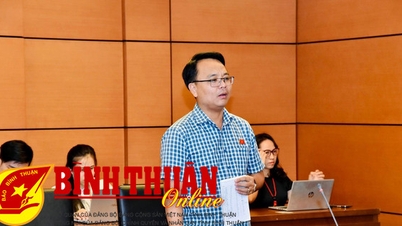
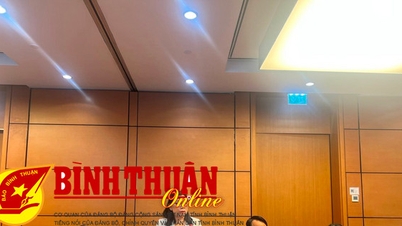
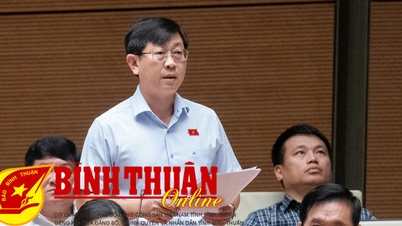
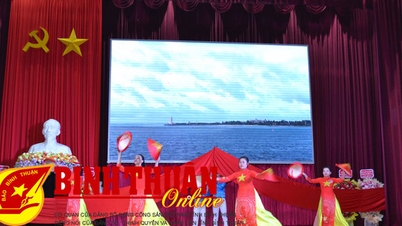

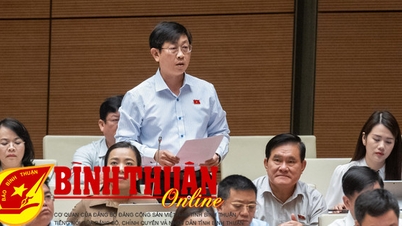
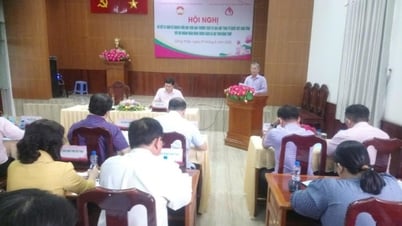

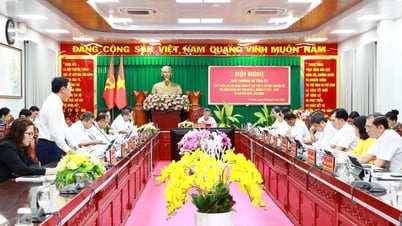






























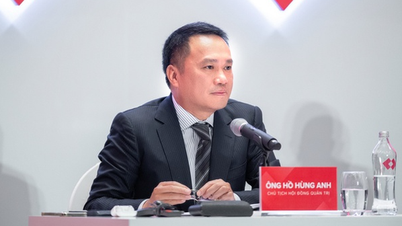










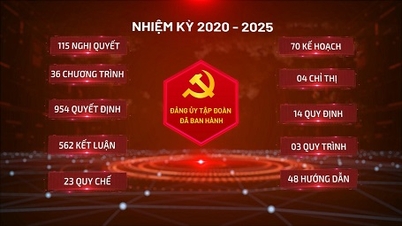





























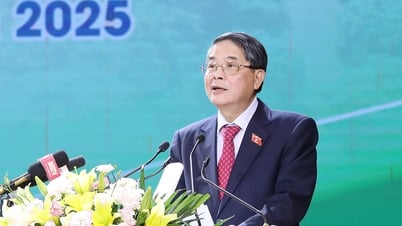










Comment (0)